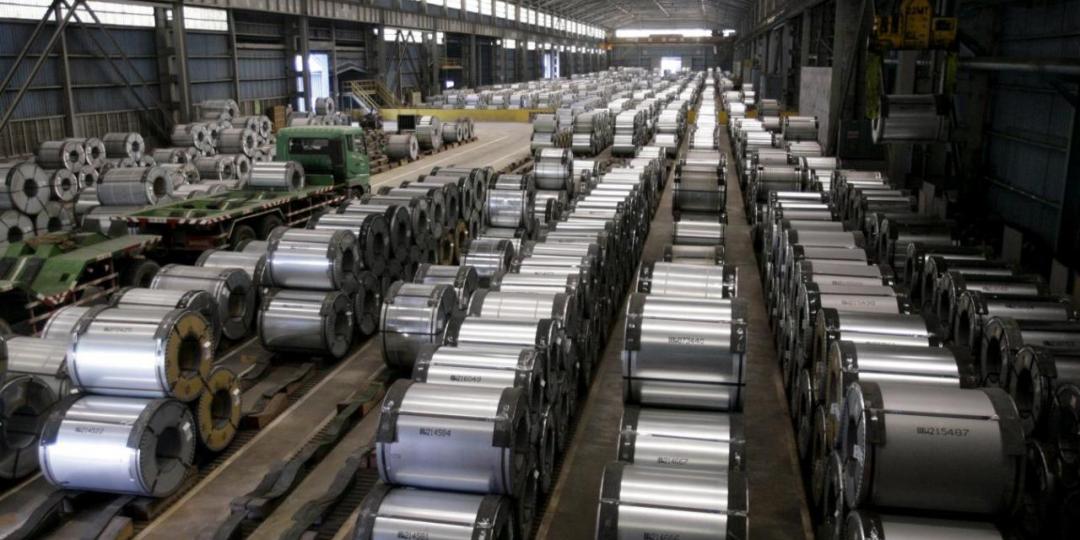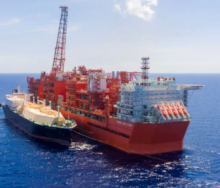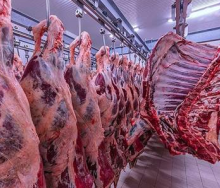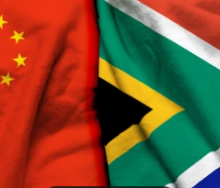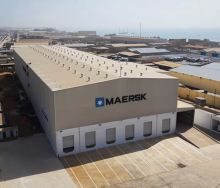South Africa’s steel industry is caught in the middle of what is looking to be a “nasty” bilateral trade war between the US and China, according to the Steel and Engineering Industries Federation of Southern Africa (Seifsa).
Seifsa chief economist Michael Ade said that the increased import tariffs on steel and aluminium by the United States and a new proclamation signed by US president Donald Trump that would implement new trade tariffs on China would negatively impact our own manufacturing industry.
He told FTW Online that these actions would affect global group dynamics as the global economy had only just picked back up in 2016 and commodity prices had only recently rebounded, which emerging markets were able to take advantage of.
“A full-on trade war between the two countries would have a negative knock-on effect on commodity prices as well as the economies of the countries who were benefiting from the rebound, including South Africa,” said Ade. “In addition, the steel and aluminium tariffs that the US wants to impose will drive down demand for these products, resulting in oversupply from China and impacting production in SA” said Ade.
He added that this would also negatively affect employment, not only in South Africa – which is looking to reduce unemployment to 15% – but also in America. He pointed to 2002 as evidence of this, as the US had implemented increased tariffs on steel in that year which resulted in the loss of over 200 000 jobs.
When the proposal for the 25% import tariff on steel and steel products was announced, South Africa was listed for possible exemption from the high increase - but it was passed over for this exemption when the tariffs were initiated. The reason for this, in Ade’s view, is that the US will use any countries affiliated to China in order to renegotiate its trade standing with the Asian country.
The import tariff increase was presented under section 232 of the US Trade Expansion Act under the claim of national security, but Ade says there is no way that steel and aluminium imports could impact the national security of the United States.
“South Africa contributes positively to the US economy rather than negatively on its security,” he added.
“It is now becoming very clear that South Africa and other developing countries are just pawns in a proxy trade war between the US and China,” said Ade. “Given the president’s strong view that a group of countries have been put together to take advantage of the US, there is no doubt that the Americans are using protectionism as a weapon to threaten and intimidate certain countries or a bloc of countries to dance to their tune.”
